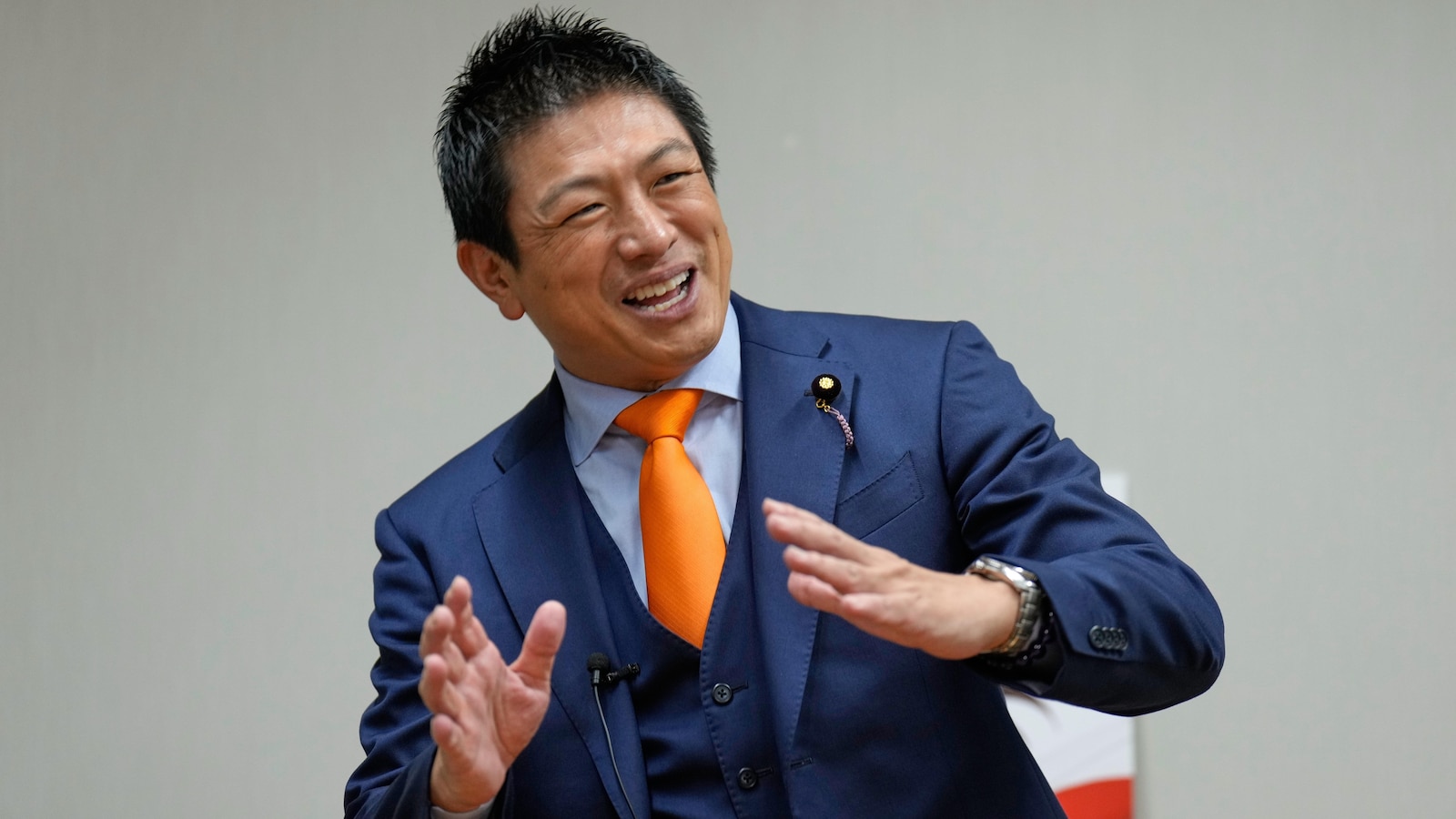Outside a train station near Tokyo, hundreds of people cheer as Sohei Kamiya, head of the surging nationalist party Sanseito, criticizes Japan’s rapidly growing foreign population.
As opponents, separated by uniformed police and bodyguards, accuse him of racism, Kamiya shouts back, saying he is only talking common sense.
Sanseito, while still a minor party, made big gains in July’s parliamentary election, and Kamiya’s “Japanese First” platform of anti-globalism, anti-immigration and anti-liberalism is gaining broader traction ahead of a ruling party vote Saturday that will choose the likely next prime minister.



Correct. When we hear concerns about a declining population, the concern (typically) isn’t that a population should always be rising, or even that it shouldn’t shrink, it’s more about the long-term economic stability of the age distribution of a population within the demographic pyramid. If your demography skews significantly older, you’re going to have fewer working age people supporting your economy and more post-retirement age people needing to be supported. This can do double damage to government revenue in particular, as they will see a simultaneous decrease in tax income and an increase in pension payouts, and this can lead to a sharp contraction in the available share of the budget for all of the other government priorities.
It’s a bit ironic in this case, as this is pretty common in developed economies, and typically the way you would offset this is via immigration, as that allows you to tailor your requirements to exactly what you need to balance your demography, and so anti-immigration sentiment is only likely to cause a more severe spiral.